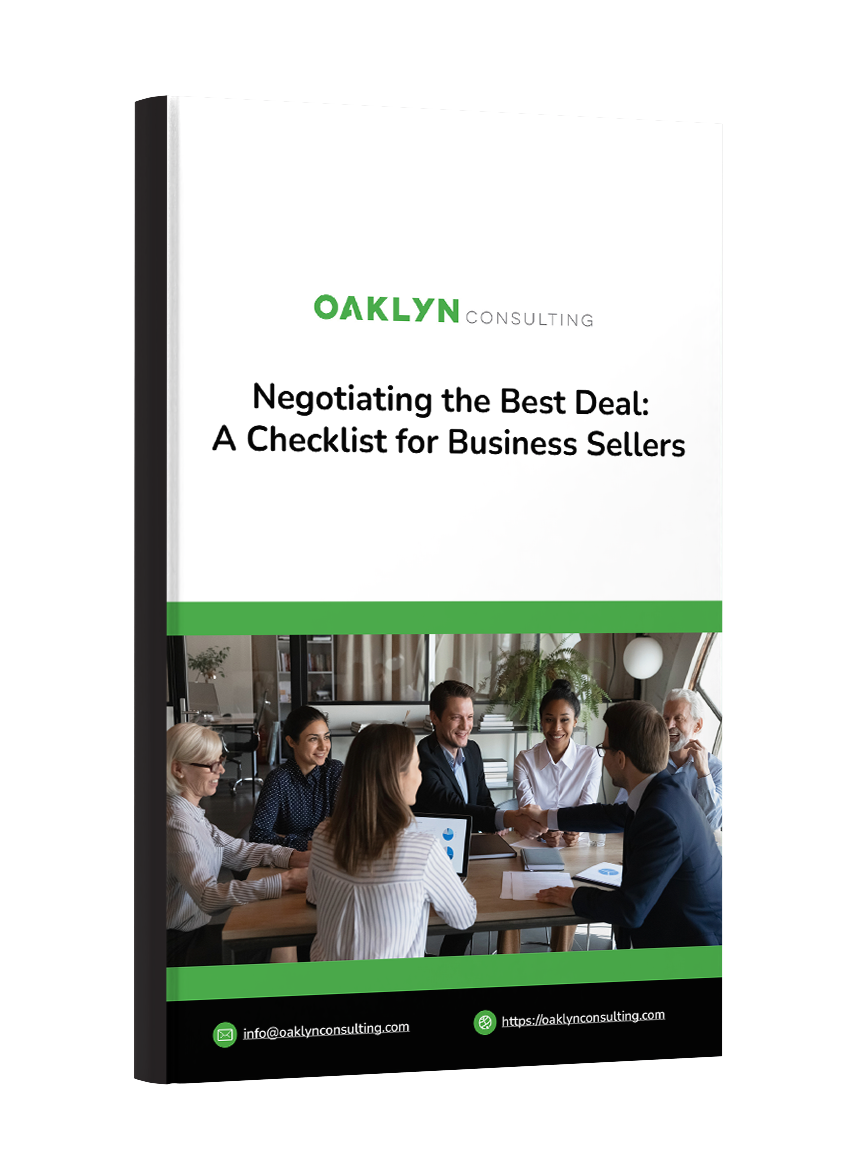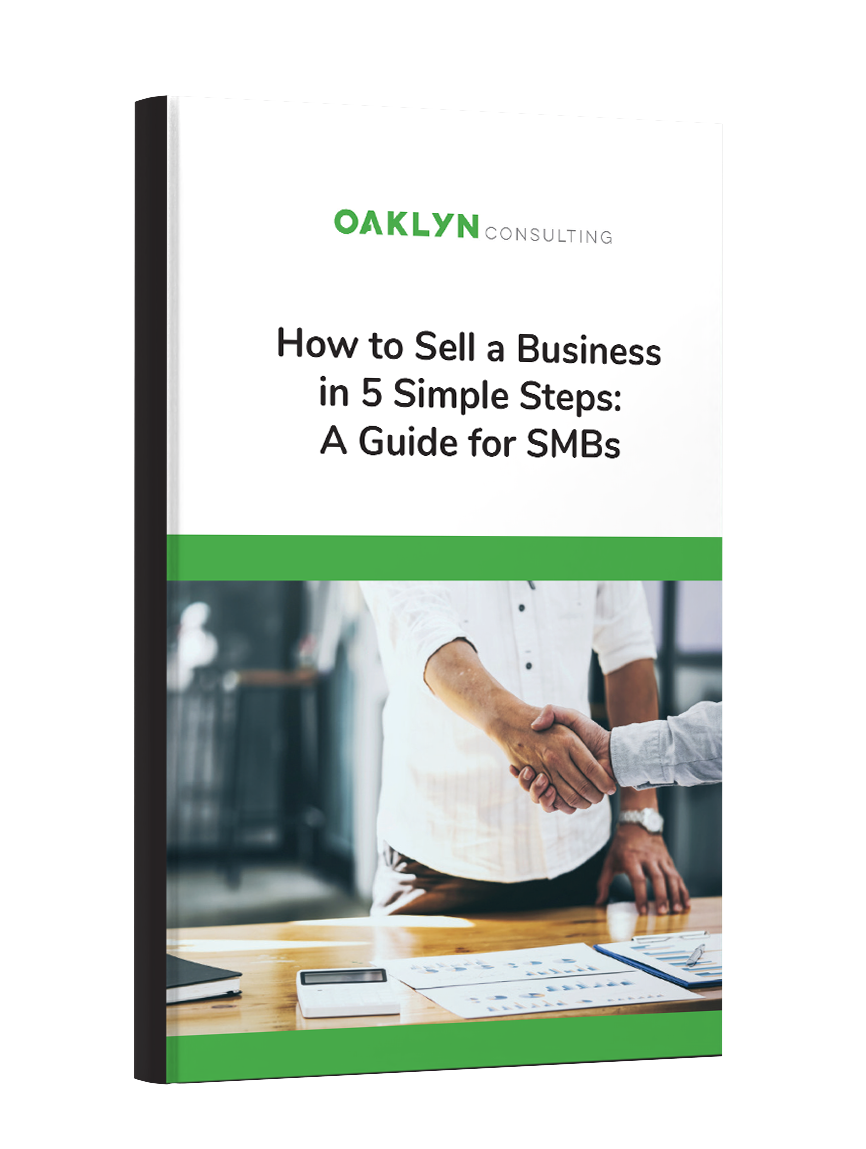When faced with hurdles in obtaining financing, some business owners throw up their hands and conclude there is no capital to access. That’s not true. While investors might be more inclined to say “no” in certain economic environments, there are dollars out there. To get your share of it, you must properly “sell” your business as a quality investment, and it’s much more than a numbers game.
Those asking for capital have the burden of proof
When you’re asking for capital, you have the burden of proof. If you want to make a deal happen, think like the investors you’re pitching. What will they need to make a sound decision? Oftentimes it’s the previous year’s financials, customer contacts and the organizing documents for your business. Make sure you have all documents in line and ready to go. Being unprepared delays the process, gives an investor time to look elsewhere and hints that you may have organizational issues.
Translate to your potential investors’ language
You and your management team may have your own way of communicating internally that’s not consistent with industry or business vernacular. Although it serves your purposes, it may be a barrier for someone who is on the outside looking in. Translate your systems and processes into a more universal format that they can easily digest and explain to colleagues. A good investor will speak your language pretty well, but most lending and investing decisions are collective. Don’t let anything get lost in translation.
Be upfront with financials
Investors are people with jobs, too — and they also have goals, budgets and bosses. Help a capital provider to understand that “here are our sales and detailed expenses” means “here is how this company makes money and why, and what we can expect to make in the near future.” It is important to track financials in a lot of detail. Lenders and investors will need to check this and understand the economics of each product you produce or table you turn. Investors will not commit capital to something they can’t interpret and understand.
Even in an uncertain economy, small business owners can gain access to capital. The key is to understand what it takes: The business itself is important, of course, but so is the pitch you make. Be prepared, do your homework, and through every step of your investment campaign, put yourself in an investor’s shoes. They’re inclined to say no — but you can make it easy for them to say yes.



